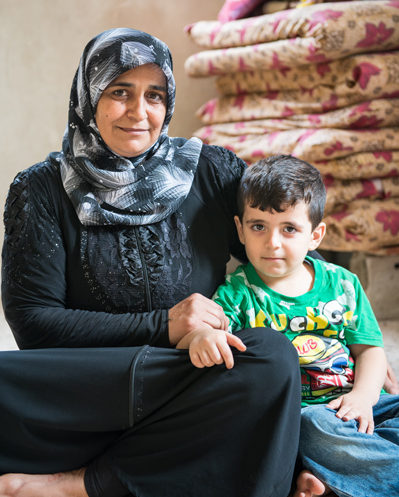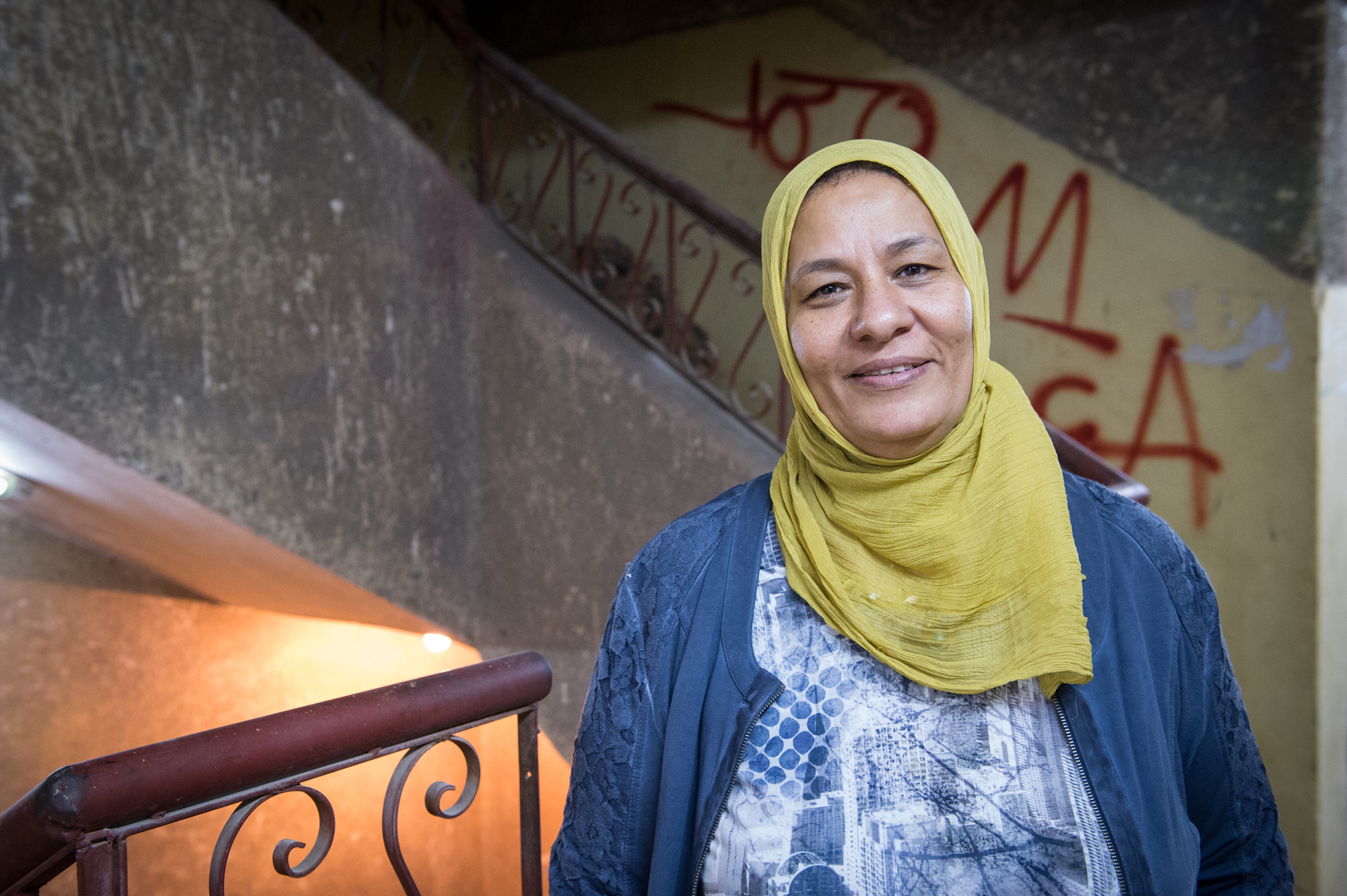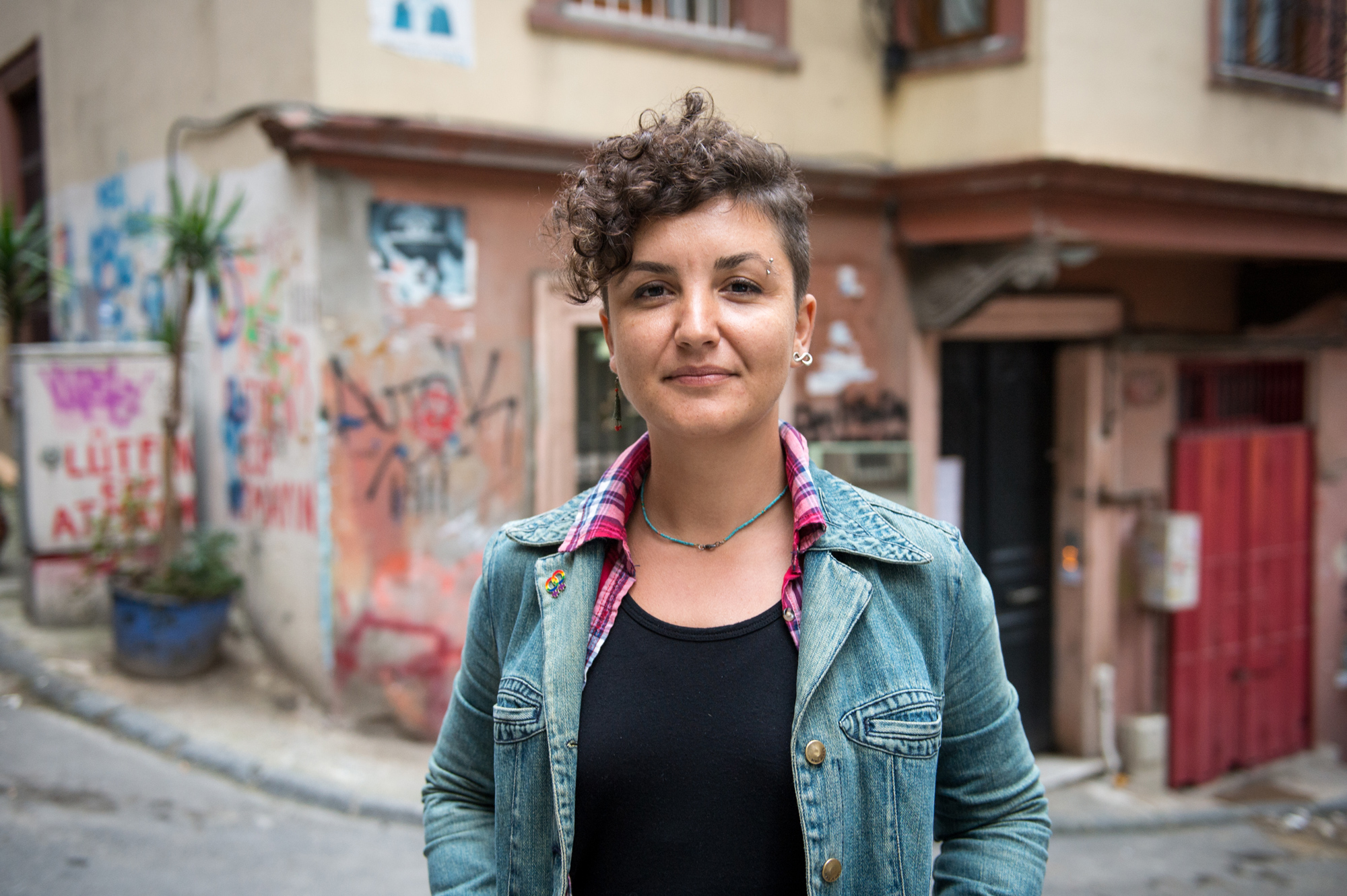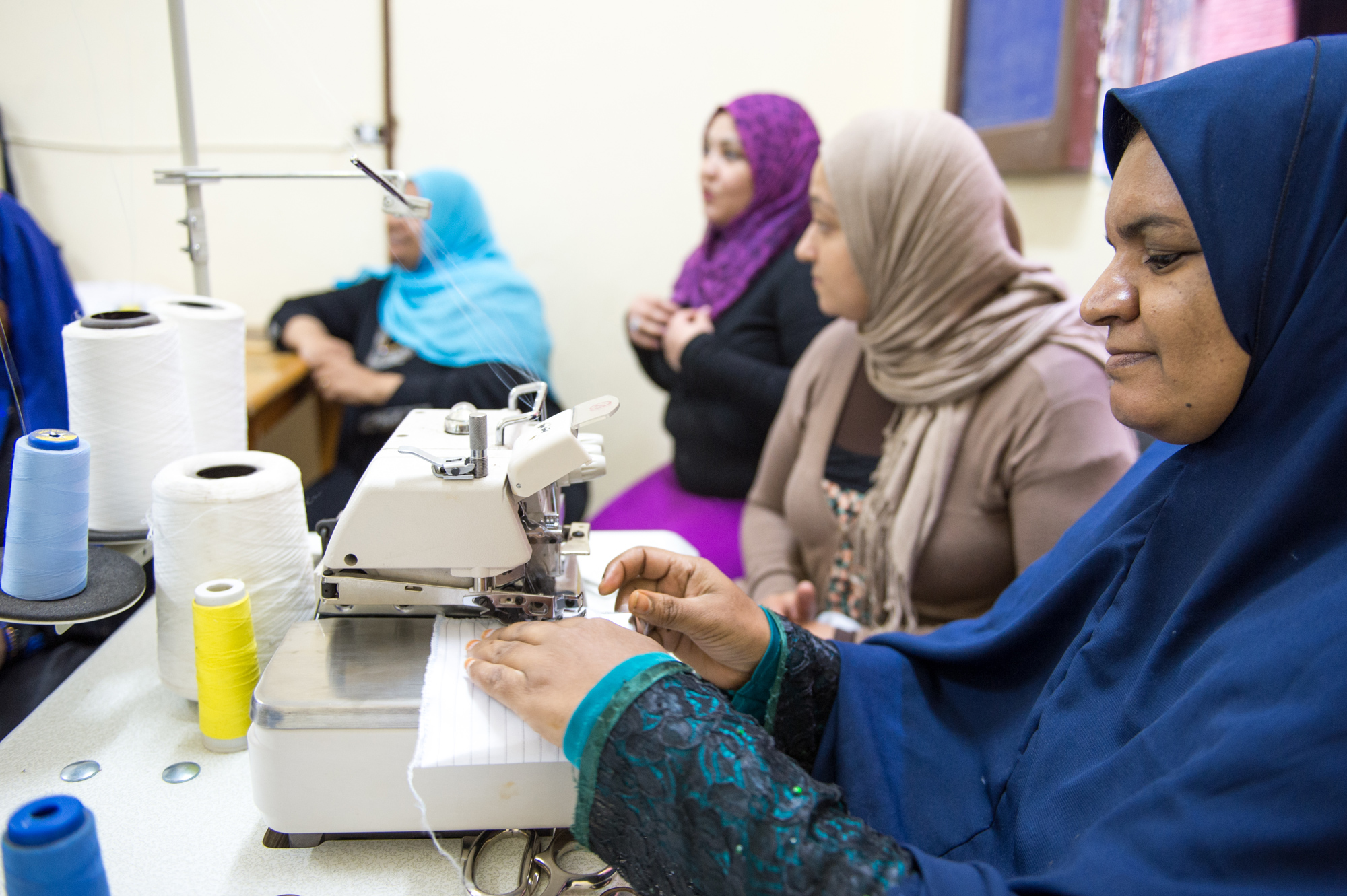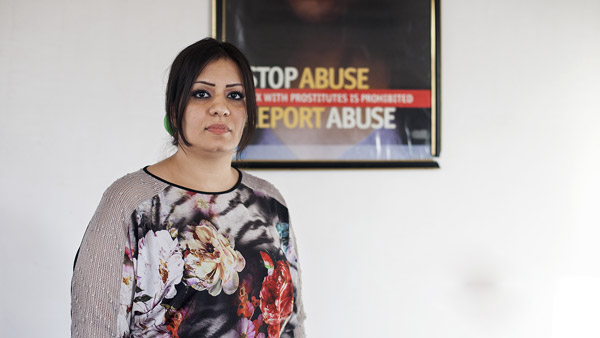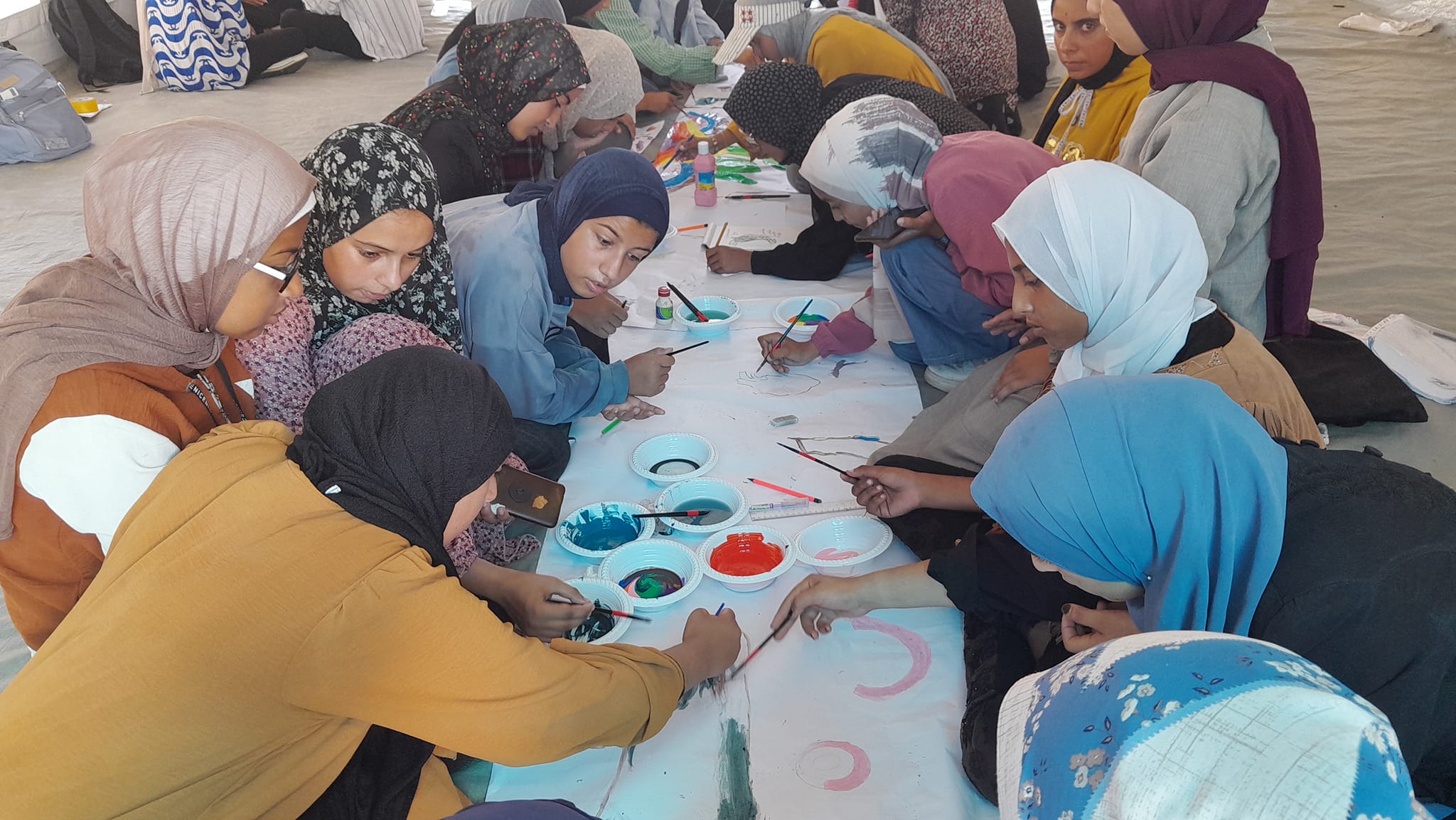Global Fund for Women (GFW)
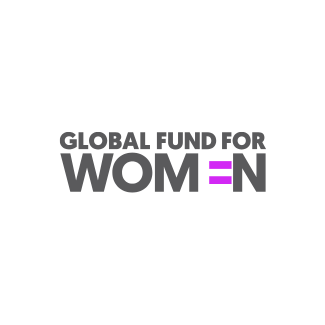
- San Francisco, CA, USA
- Middle East & North Africa (MENA) and Global
- globalfundforwomen.org
- GFW's YouTube
Channel Focus Areas:
Mission:
The Global Fund for Women (GFW) is a global champion for the human rights of women and girls. They use their powerful networks to find, fund, and amplify the courageous work of women who are building social movements and challenging the status quo. By shining a spotlight on critical issues, they rally communities of advocates who take action and invest money to empower women.
Impact:
There are many reasons that the Global Fund for Women is Channel's longest term partner -- since 2000. They are a standard-bearer in the field of feminist funding and their influence and impact is almost too large to measure.
The oldest U.S.-based global women's fund, GFW began supporting women’s rights groups and movements around the world in 1987. Over the course of nearly 40 years, GFW has supported feminist movements and grassroots organizers to "end civil wars, get female Presidents elected, and secure laws giving new protection to millions."
According to a 2022 report by the Women's Philanthropy Institute, still only 1.9% of charitable funds in traditional philanthropy go to organizations dedicated to women and girls.
In addition to grantmaking, they have always innovated new approaches to resourcing and strengthening effective women's rights movements. For instance, in 2017, GFW developed and piloted a tool designed to help movement actors to collectively assess the capacity of their movement, to spark discussion on how to address challenges and to plan next steps. In February 2021, they launched a new version of this free online tool to support grassroots people power globally. The Movement Capacity Assessment Tool (MCAT) helps social movements determine their needs to most effectively advance their vision for social justice.
In addition to grants, GFW convenes and collaborates with many partners in the field. For example, in March 2008, GFW convened a meeting with the Association for Women’s Rights in Development (AWID) in Marrakech, Morocco on mobilizing resources for women’s rights work in the Middle East and North Africa (MENA) region. The conference explored key challenges in relation to movement building faced by young women in the region and assisted them to gain new skills in resource mobilization. In addition, the conference built networks and opportunities for collaboration between diverse women’s organizations across the region.
GFW has done incalculable work educating and engaging donors over the many years of its existence. After the Morocco conference, a donor delegation visited several GFW grantees including the Association El Amane pour le Developpement de la Femme which took the delegation to a training session on women’s rights in a village outside Marrakech. Most of the women in the village were illiterate and the village had no school. The trainers brought together an inter-generational group of women once a week to discuss various topics about women’s lives. This discussion concerned the age of marriage and free choice in marriage, topics of vital concern in Morocco. Women’s rights groups succeeded in getting the Family Code Law (Moudawana) changed in 2004 and yet the challenge remains to make women aware of these changes and about how to claim their rights.
In recognition of their impactful work, GFW has been included on many curated lists of highly-rated charities including Charity Navigator.
Channel Grants:
2021-24: Channel made a multiyear grant to Global Fund for Women (GFW) to support their grantmaking, capacity building, technical assistance, convenings and advocacy with women’s rights organizations in the Middle East and North Africa (MENA) region.
In 2022, GFW released an infographic emphasizing the importance of feminist philanthropy, particularly in the form of flexible, core support funding given directly to grassroots groups.
2020: General operating support grant to GFW for their grantmaking to women-led initiatives to advance women’s human rights around the world, particularly in the MENA region.
2012-2019: Annual grants to GFW to support women-led initiatives to advance women’s human rights in the MENA region by grant making to women’s groups, capacity building, technical assistance, and through convenings and advocacy.
In 2019 funds were used to specifically support GFW’s Syrian Women’s Leadership initiative whereby they support Syrian women’s groups inside and outside the country via grants and convenings. GFW support provides Syrian women with the resources and safe spaces they need to mobilize for their rights, both inside Syria and more broadly in the MENA region.
2010 & 2011: Grant to GFW’s Women Dismantling Militarism Initiative which brought increased attention and resources to women’s groups fighting the effects of militarism around the globe.
2010: Grant to women’s groups in Haiti engaged in rebuilding their organizations, movements, and country after the January 2010 earthquake through GFW’s Haiti Crisis Fund.
2004 –2009: Grant to the GFW MENA Field of Interest Fund which provided grants to women’s groups in the MENA region, developed an advisory network there and placed a Middle East activist-in-residence at GFW.
2008: Grant to GFW's Women’s Media & Technology Fund in order to support their grants to women-led organizations using media strategies to advance women’s rights.
2005: Grant for post-tsunami recovery for GFW’s NGO partners in Asia.
2002 & 2003: Grant for GFW’s Donor Circle, Keeping the Faith: Women’s Rights and Traditional Practices, which focused on women’s rights in the context of their religious and cultural traditions. Lectures, readings, documentaries and discussions concentrated heavily on the rights and status of women in Islamic societies of the MENA region, and laid the groundwork for GFW’s 2005 MENA outreach trip to meet with women’s organizations doing rights-based work in nine countries.
2000: Grant to GFW’s Economic Opportunity Initiative to support women’s groups in various regions around the globe employing poverty alleviation strategies, including business and financial training, organizing for labor rights, creation of lending cooperatives, and girls’ education.


